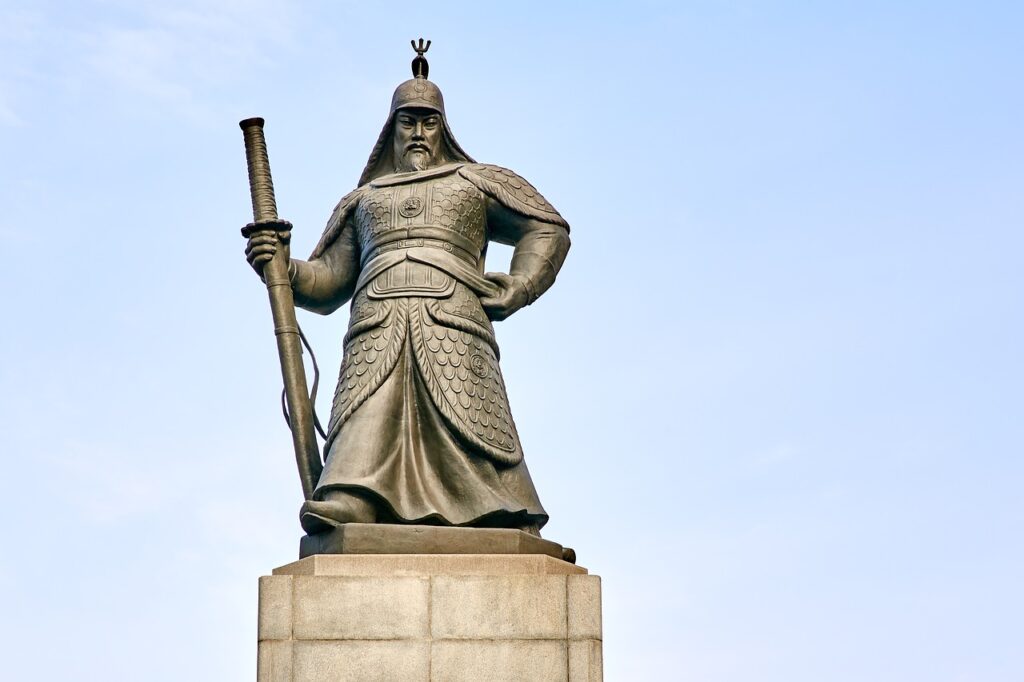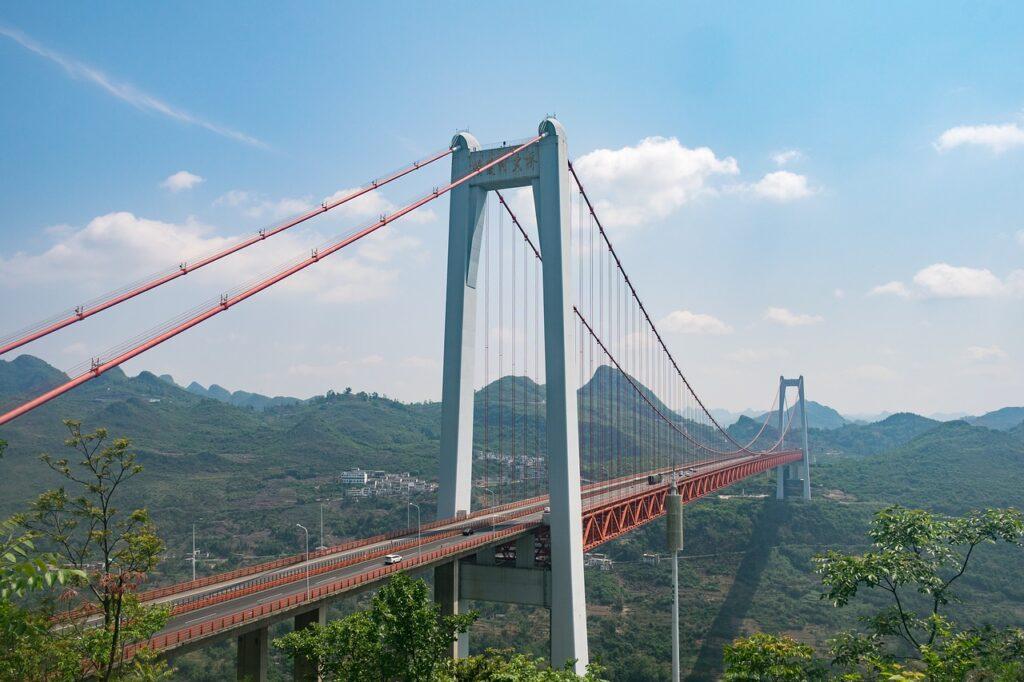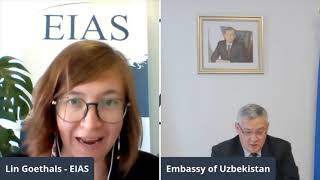
Central Asia’s Critical Raw Material Dilemma: Resource Powerhouse or Sustainability Risk?
Does the scaling up of Kazakhstan and Uzbekistan’s Critical Raw Material (CRM) production align with the EU’s green and digital transition ambitions? In the vast steppes of Kazakhstan and the mineral-rich mountains of Uzbekistan, a transformation is underway that could also reshape Europe’s green transition. These Central Asian nations, long known for their oil and gas exports, are emerging as potential key suppliers of critical raw materials essential for the European Union’s strategic autonomy goal of diversification, as well as its innovation, digital and environmental ambitions. But can these countries truly align with Europe’s ambitious sustainability goals?











